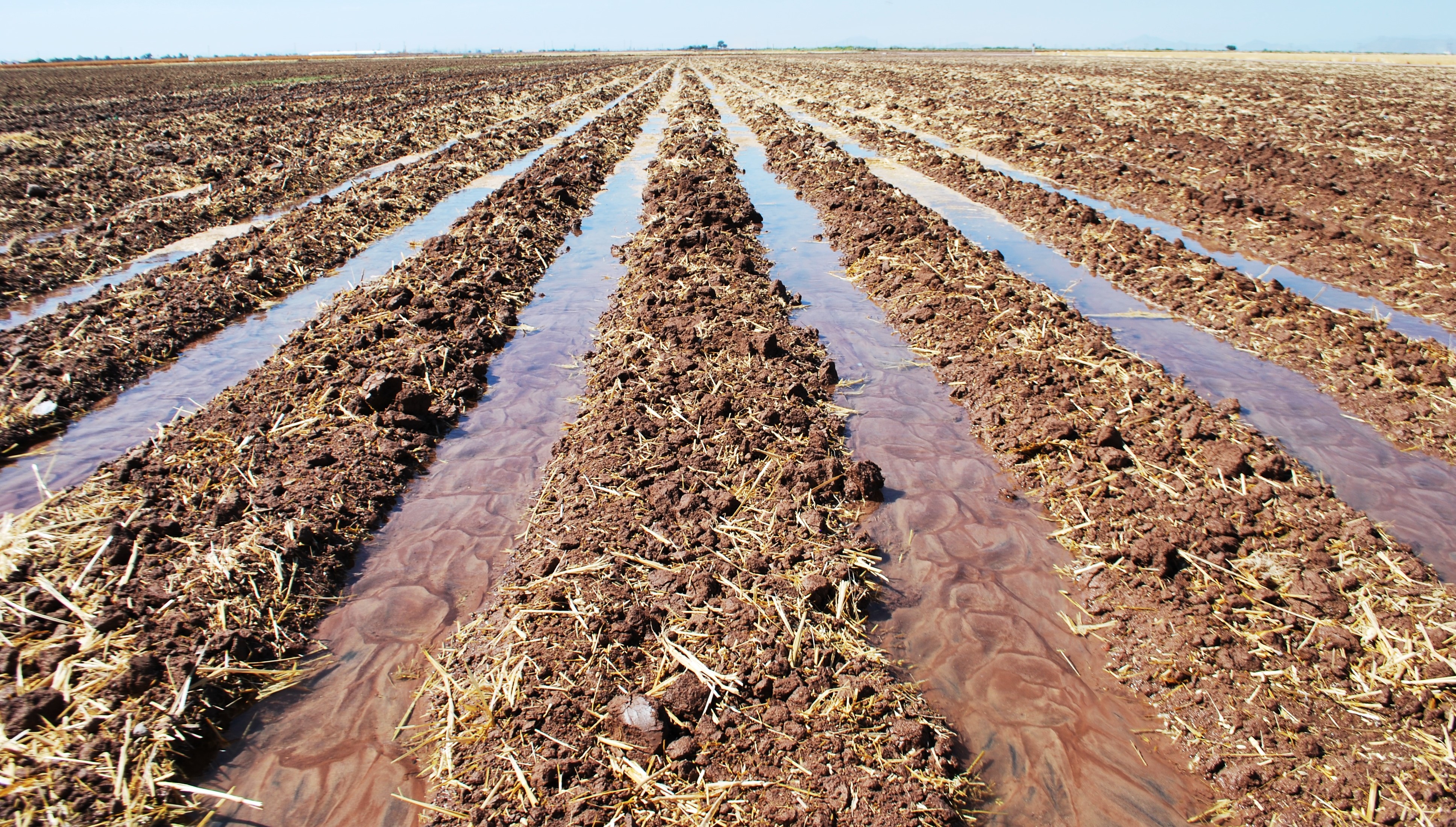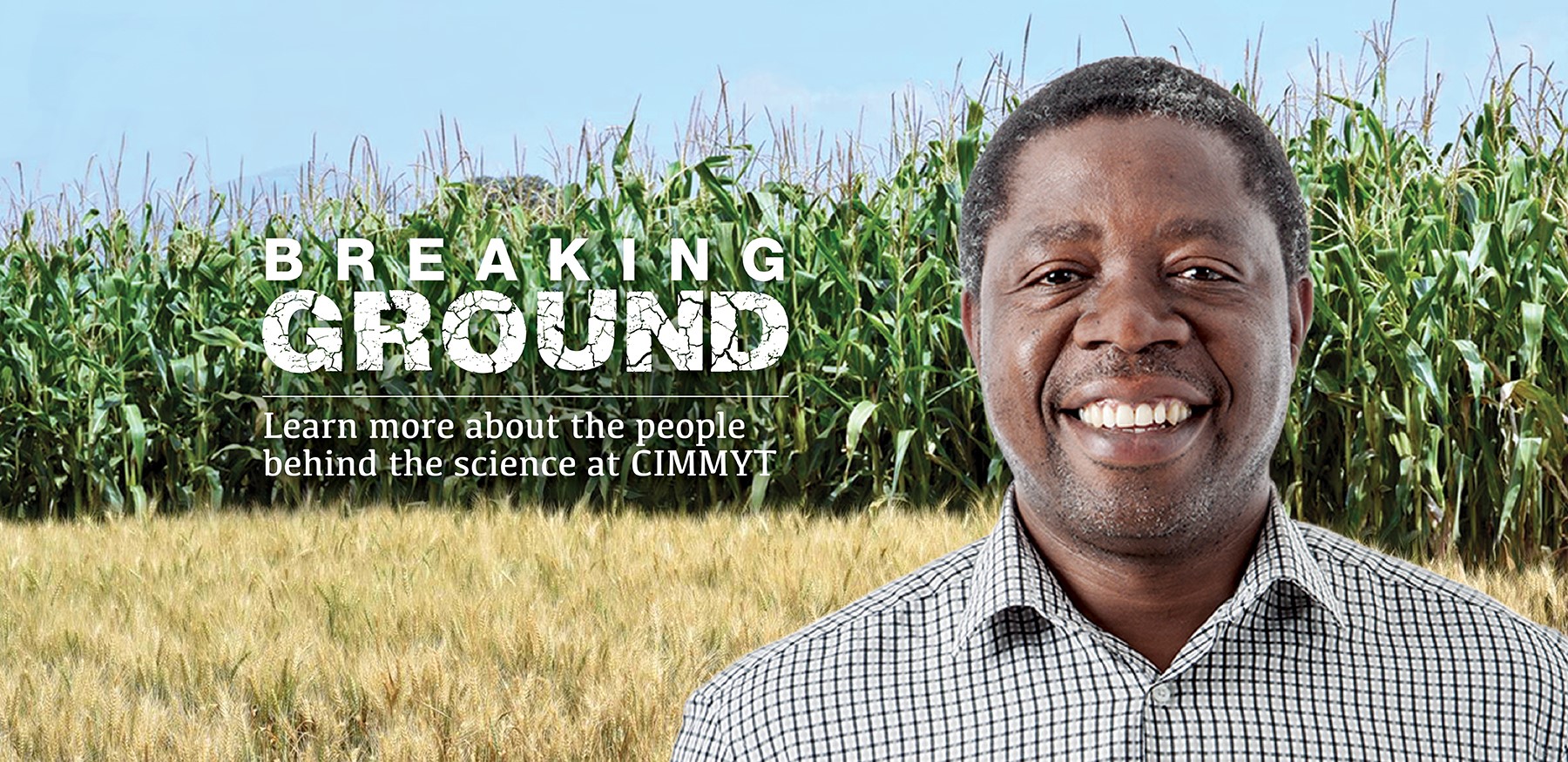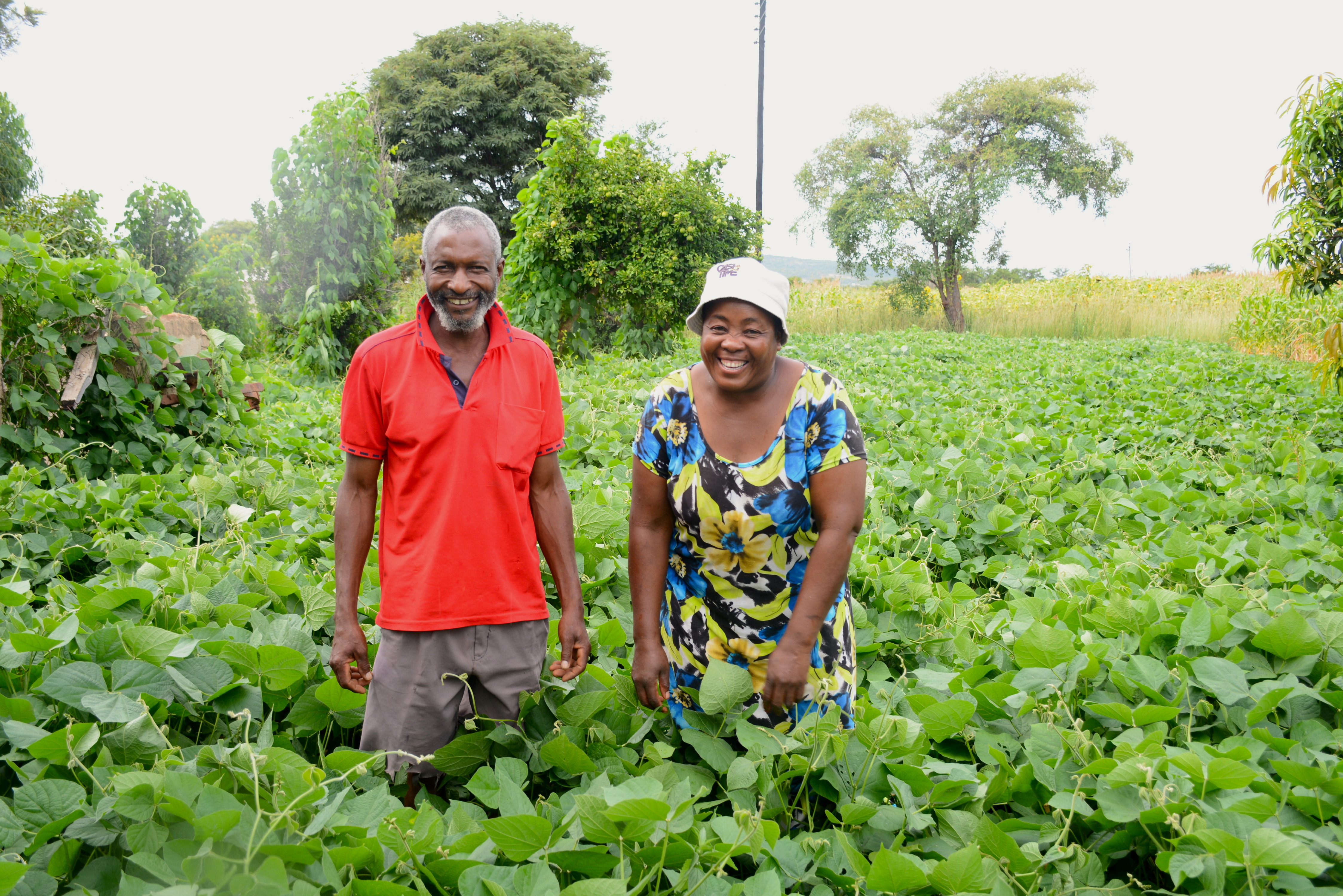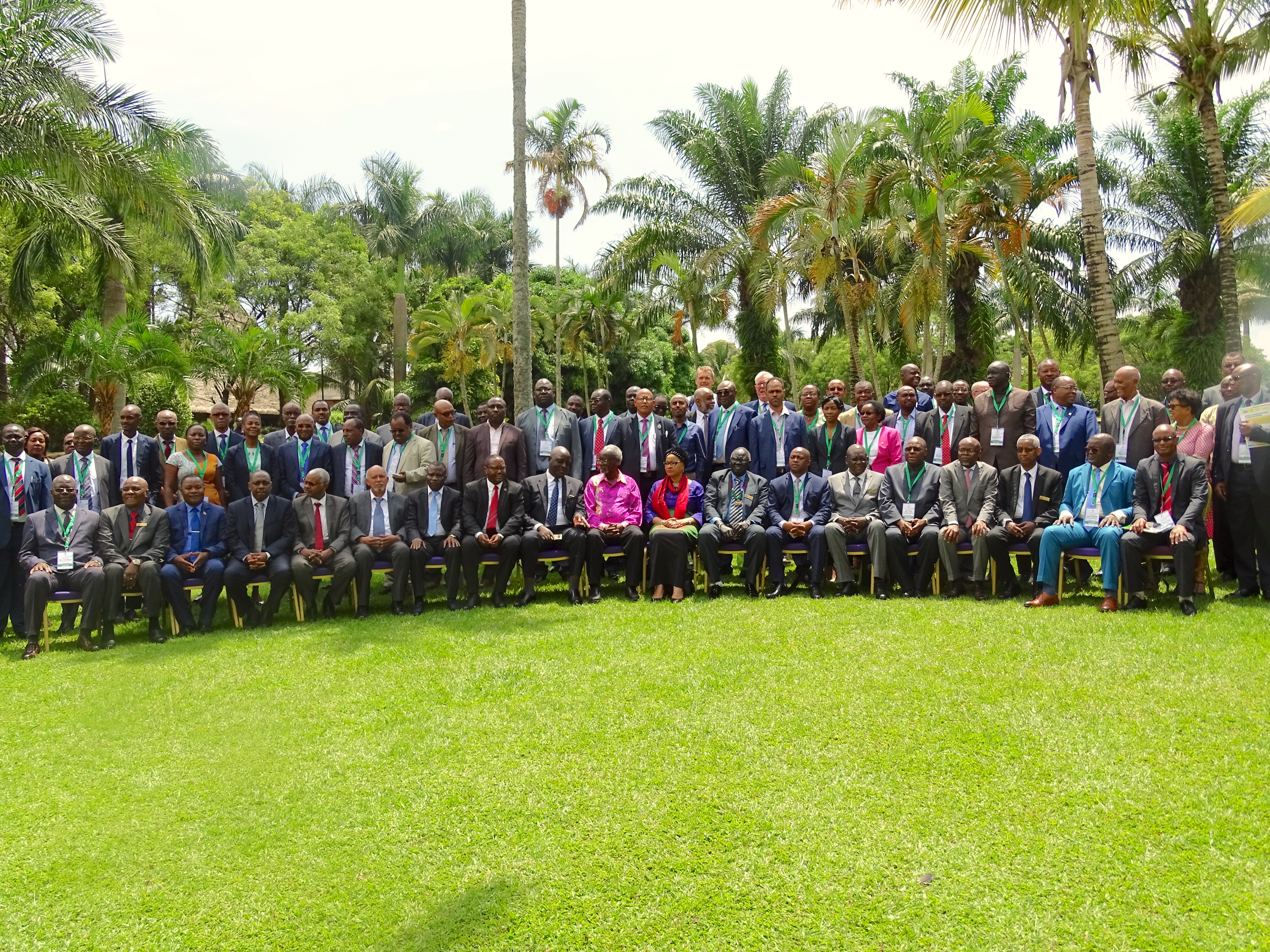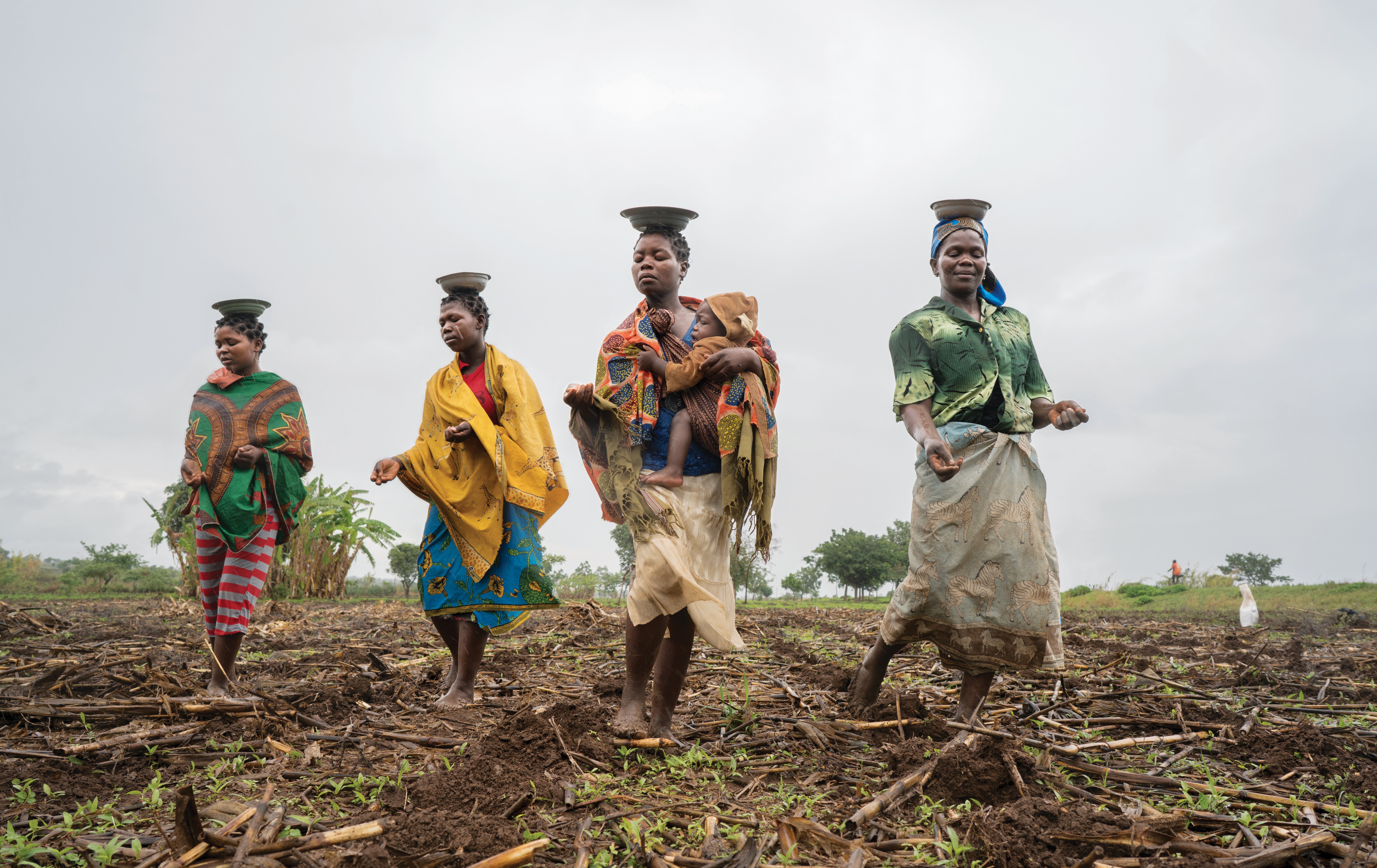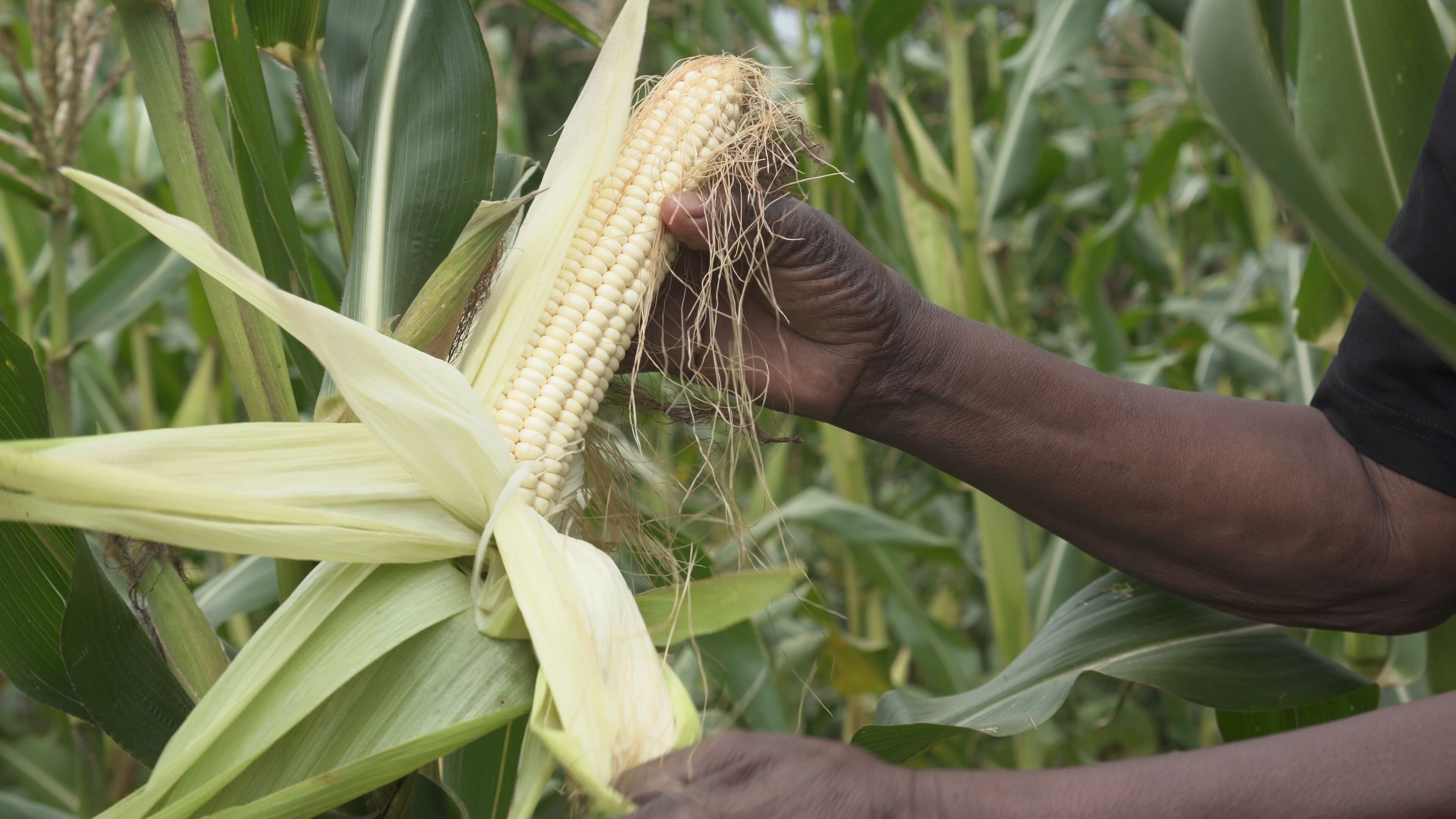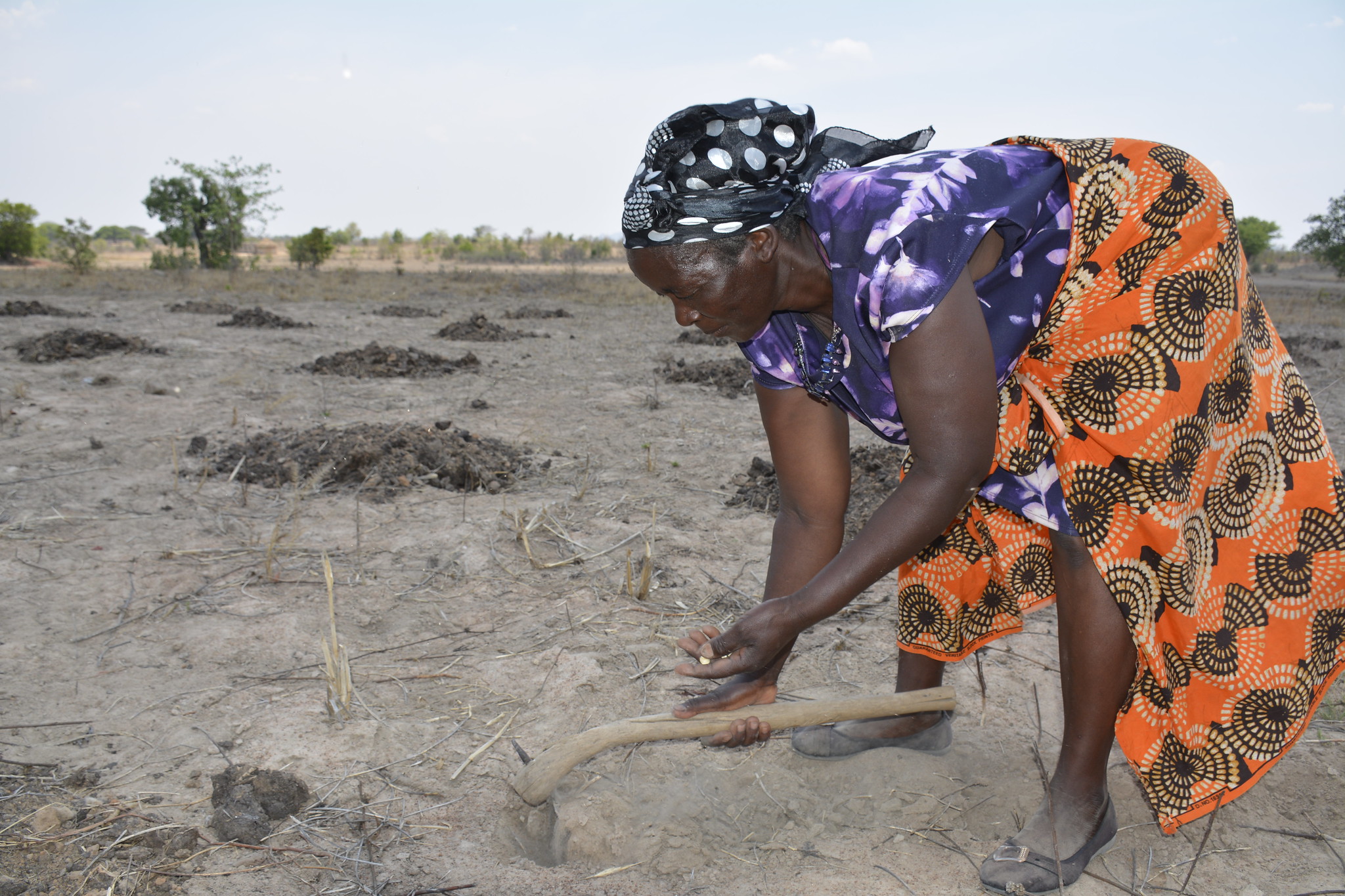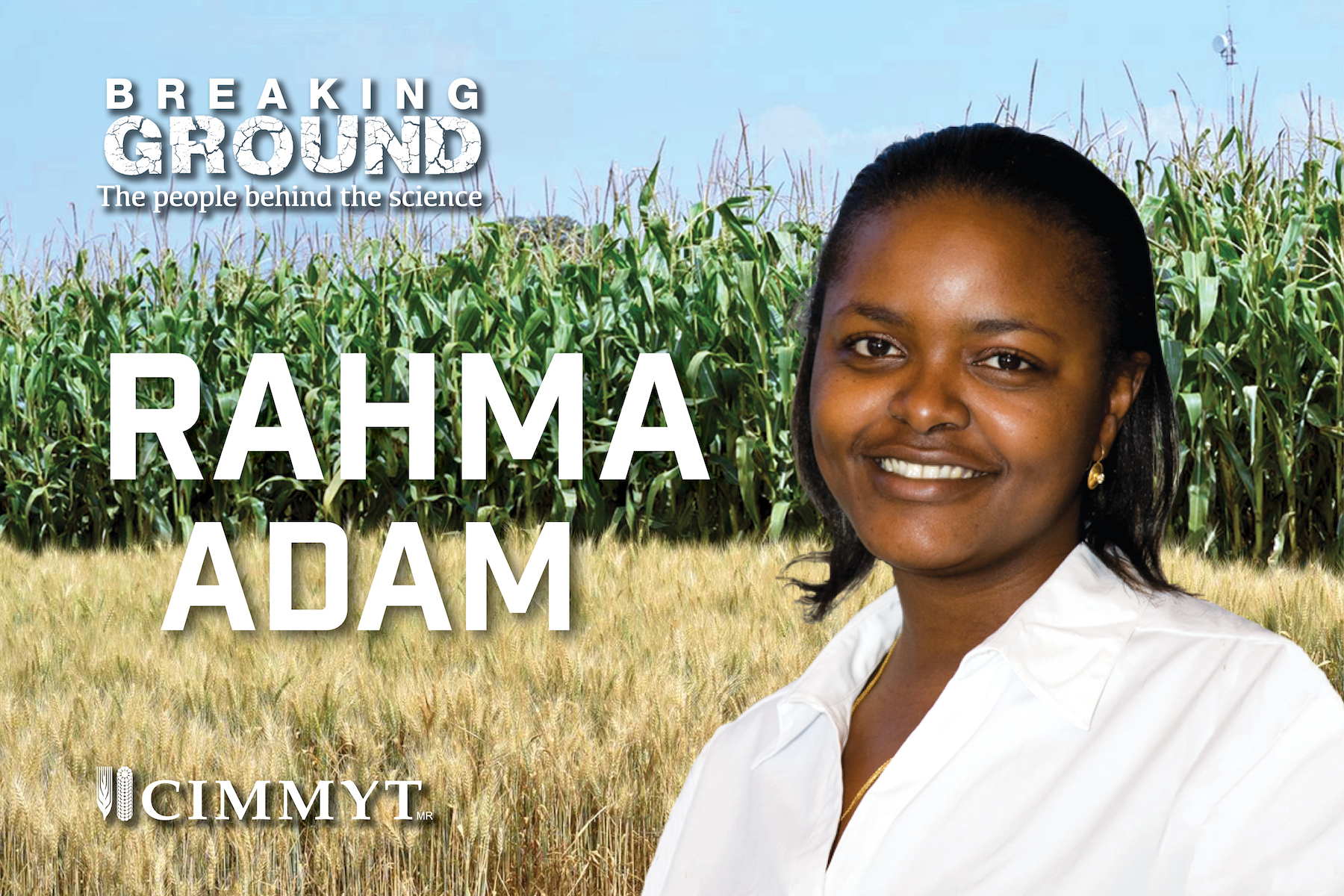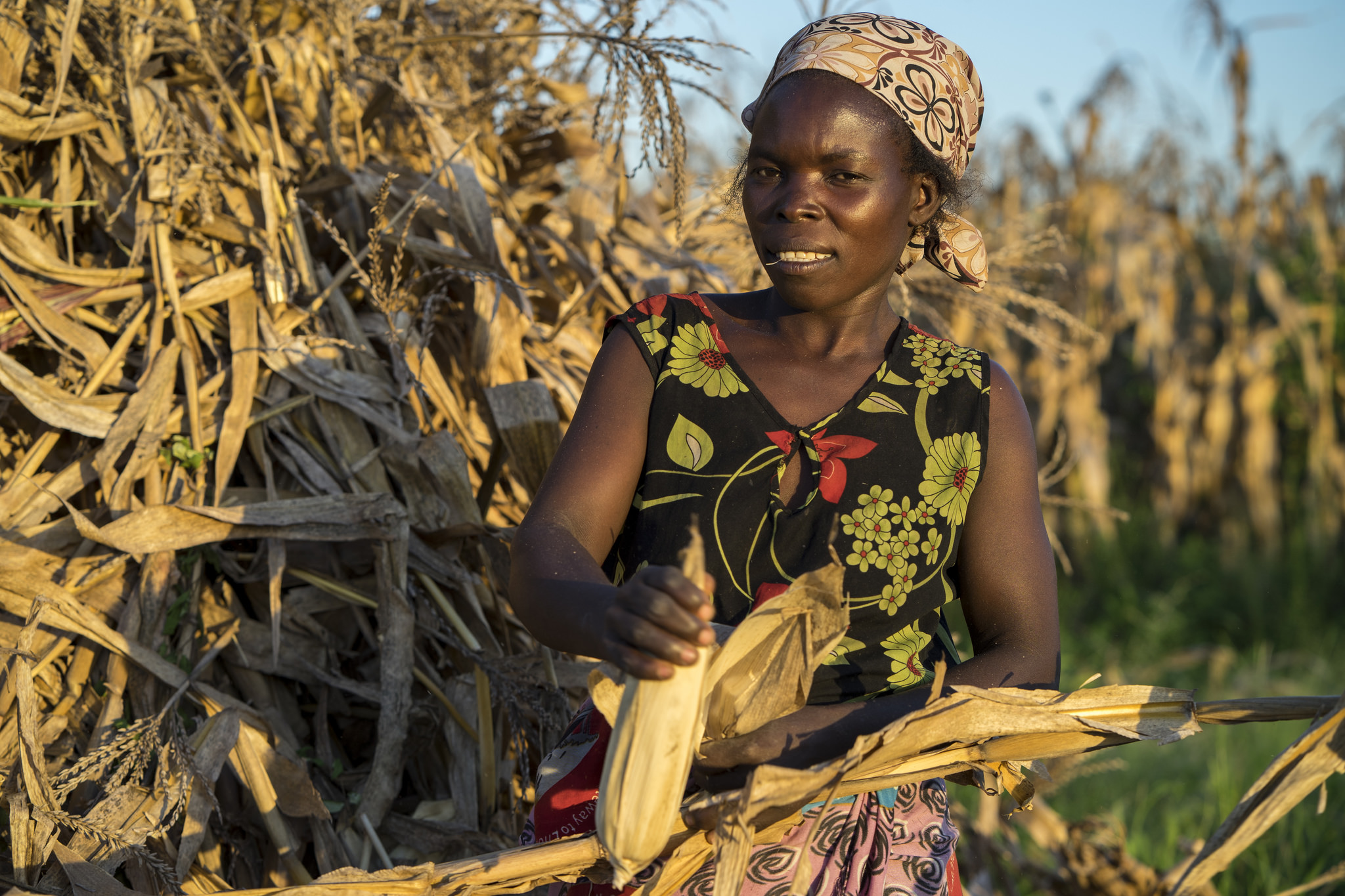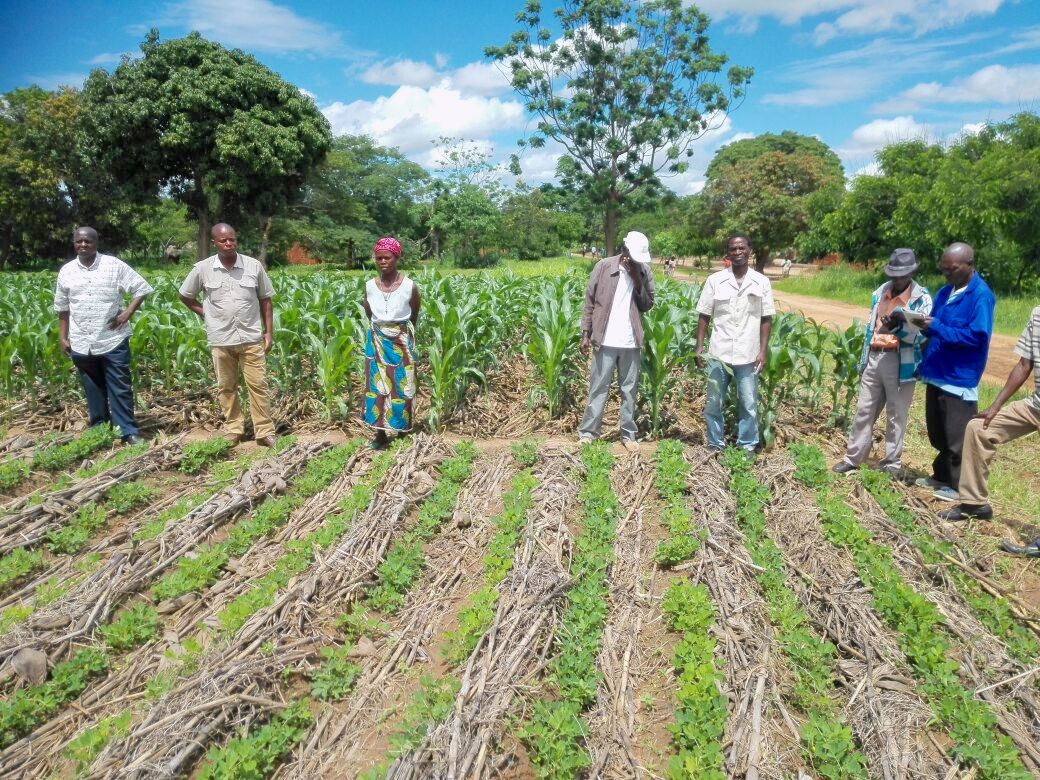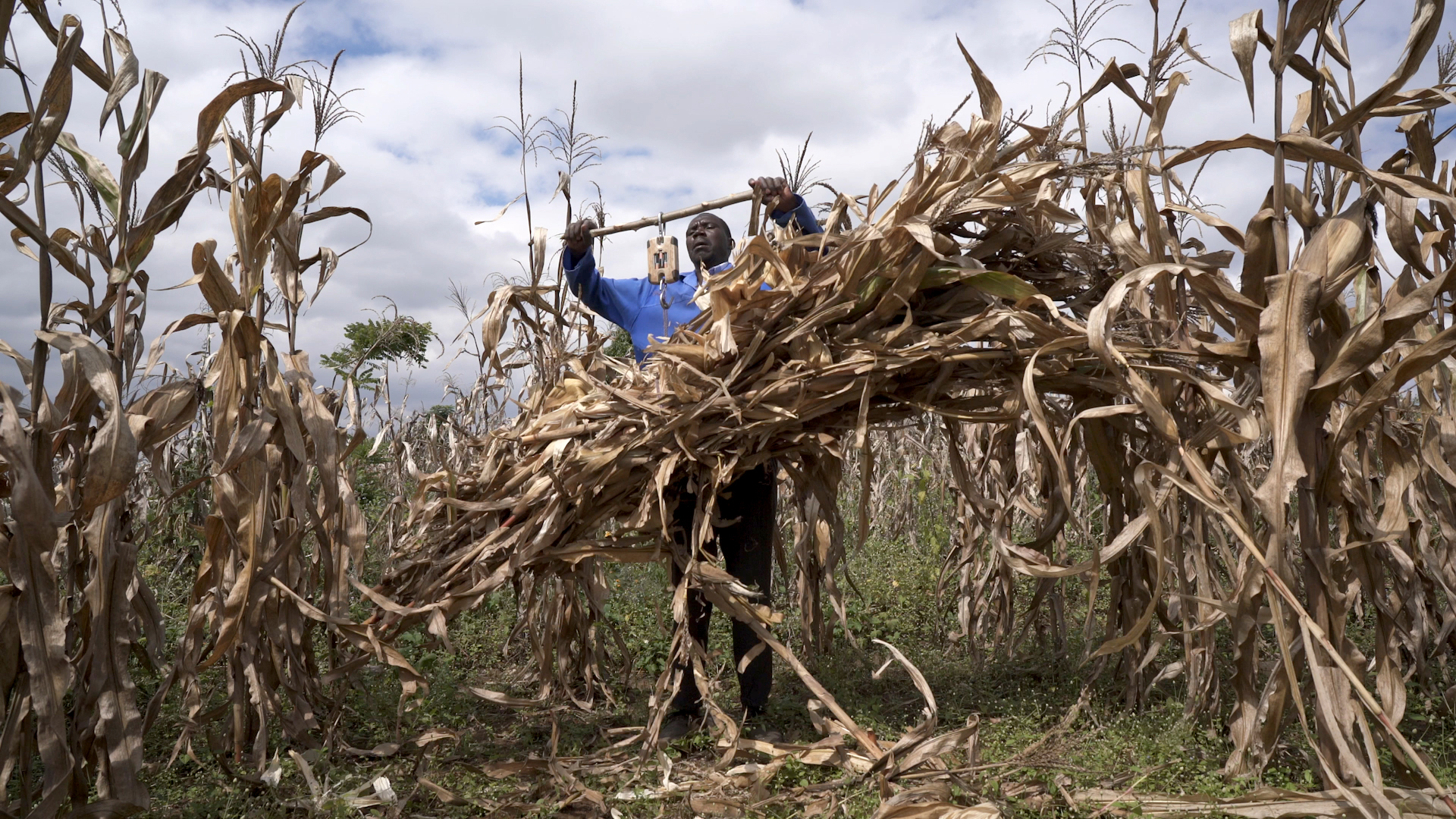The Sustainable Intensification of Maize-Legume Systems for Food Security in Eastern and Southern Africa (SIMLESA) program aims to improve maize and legume productivity by 30 percent and to reduce the expected downside yield risk by 30 percent on approximately on approximately 650,000 farm households by 2023. Launched in 2010, the focal countries of program research are Australia, Botswana, Burundi, Ethiopia, Kenya, Malawi, Mozambique, Tanzania, South Sudan, Uganda, Rwanda, Zambia and Zimbabwe.
The main thrust of the SIMLESA program is increasing farm-level food security, productivity and incomes through promotion of maize-legume intercropping systems in the context of reduced climate risk and change.
The program has also laid the foundation for developing conservation agriculture based sustainable intensification options, including integration of improved maize and legume varieties identified for their compatibility with CA-based practices; promoting technology adoption by both female and male farmers; capacity building for national agricultural research systems of partner countries; creating enhanced partnerships and collaboration with established innovation platforms for coordinated scaling-out of SIMLESA-generated options and practices.
Funding Institutions: Australian Centre for International Agricultural Research (ACIAR)
Partners: National agricultural systems of Ethiopia, Kenya, Malawi, Mozambique and Tanzania, as well as international and local research centers, extension agencies, non-governmental organizations, universities and agribusinesses along the value chain.
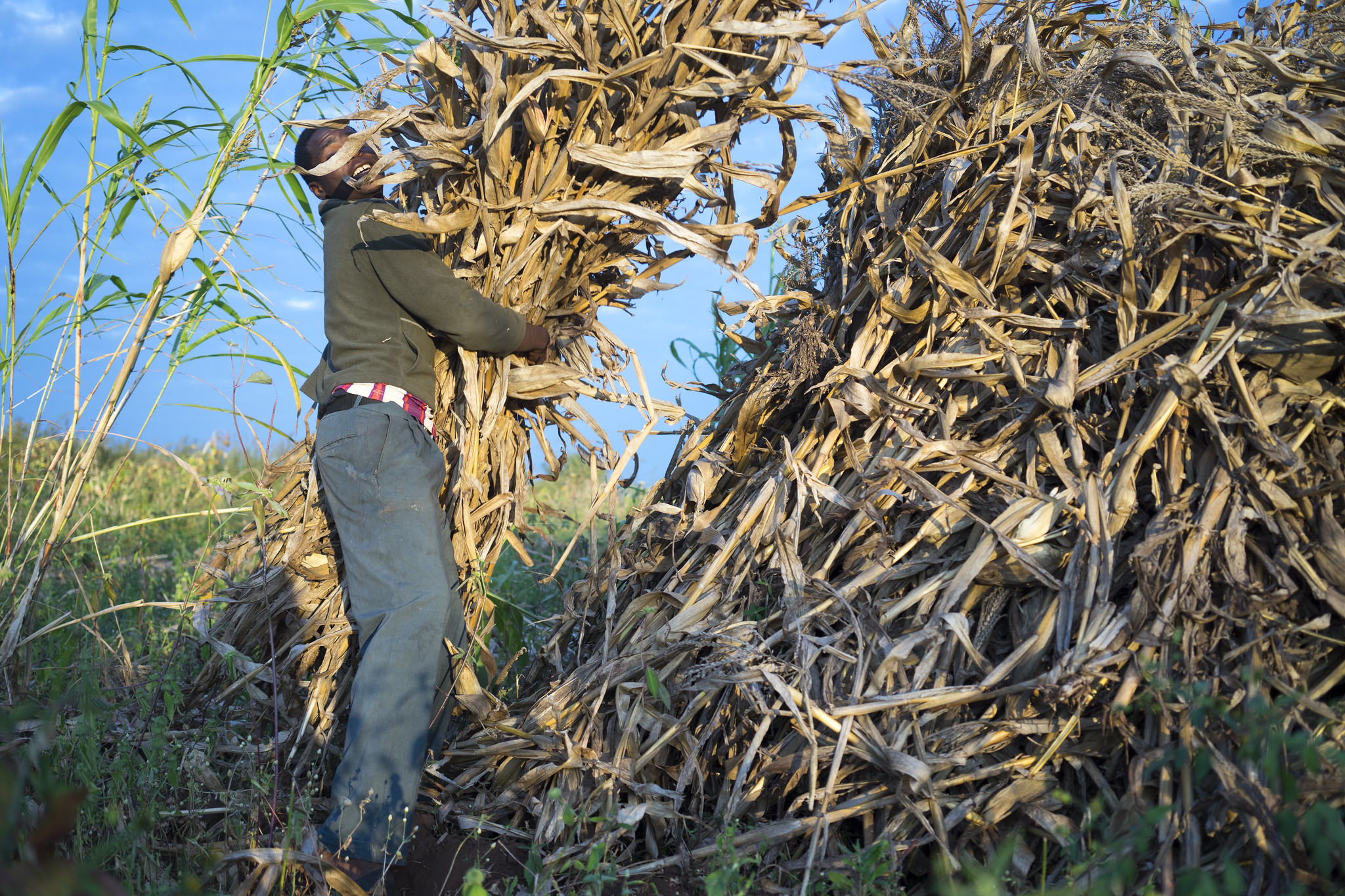
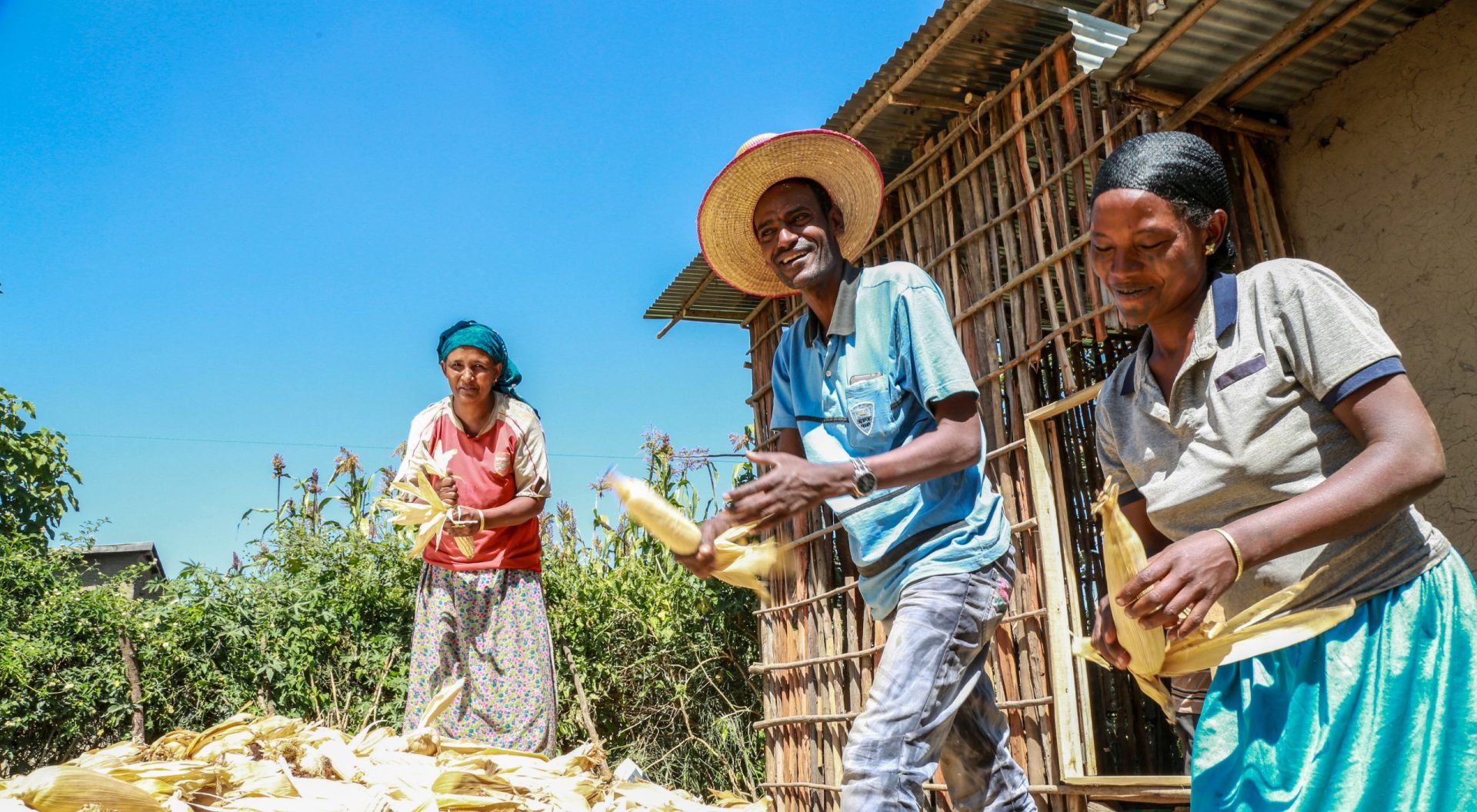
 Gender equality, youth and social inclusion
Gender equality, youth and social inclusion 